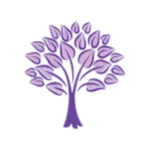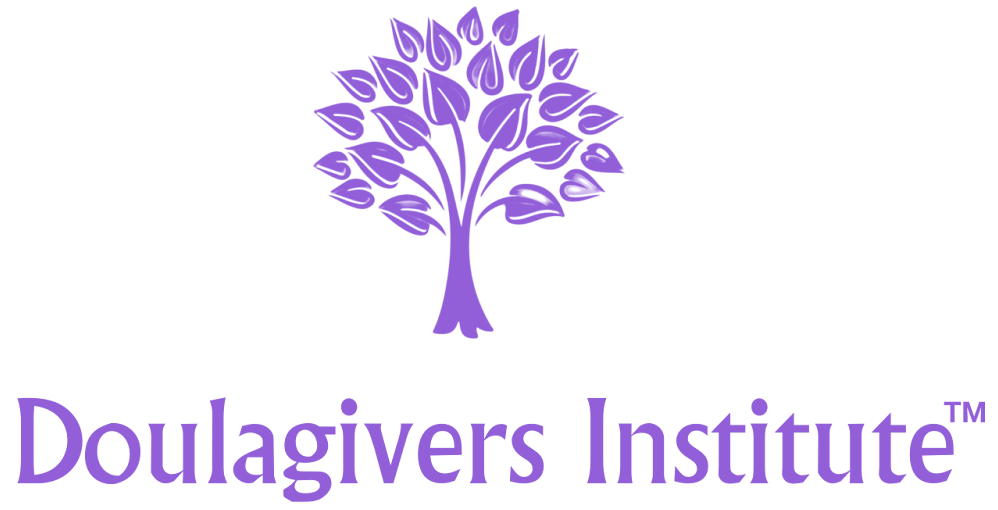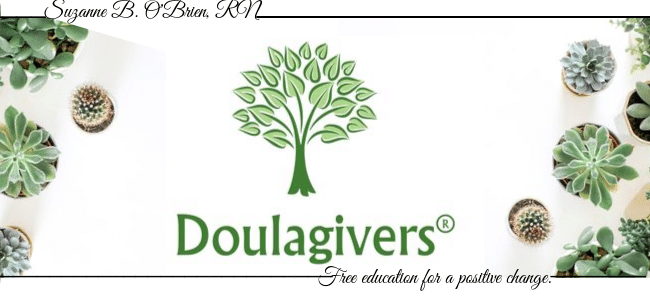 Suzanne B. O’Brien here,
Suzanne B. O’Brien here,
Grief is a natural response to losing someone or something that is important to you. You may feel a variety of emotions, like sadness or loneliness. You might experience it for different reasons. Perhaps a loved one died, a relationship ended, or you lost your job. Other life changes, such as chronic illness or a move to a new home, can also lead to grief. Everyone grieves differently, but if you understand your emotions, take care of yourself and seek support, you can heal.
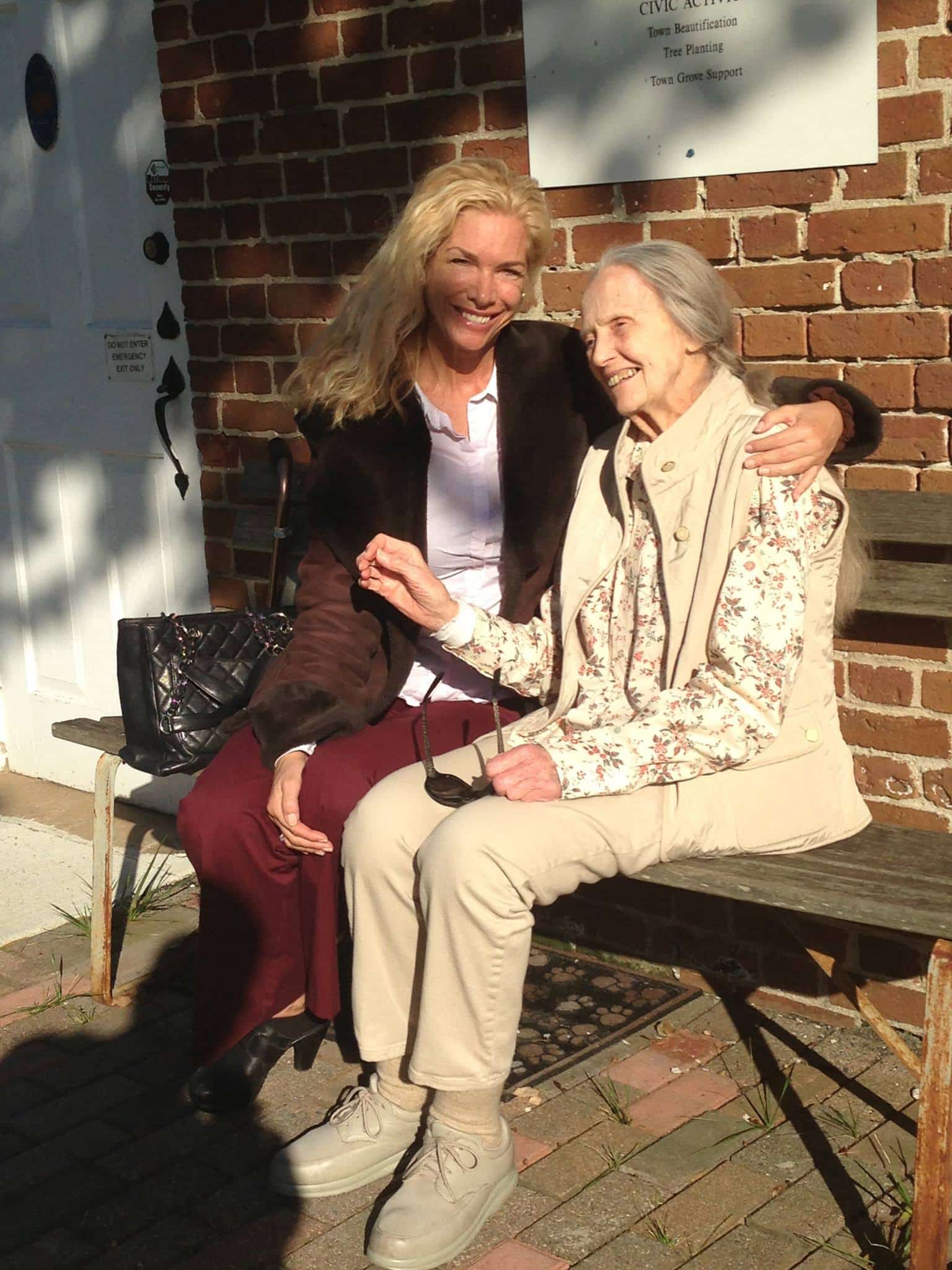
This was my exact experience as a Hospice and Oncology nurse. At the present time, we are acting as if death is optional (we don’t talk about it or plan for it, as if it won’t happen). Unfortunately, you and I both know that this is not the case. In fact, practical planning for end of life through Advance Directives can make that last phase of life dramatically better!
Today we are living with the awareness that one day the end of life will be a natural part of our journey. When it shows up, it is typically a very frenzied and frantic fight or flight experience for all involved. This is the beginning to what is oftentimes a complicated and extended grieving process that can last a lifetime.

Continuity of Care is Key
As a Hospice nurse, I was always challenged with building a trusted relationship with my patients and families in what was usually an incredibly short amount of time due to the prevalent issue of late admissions into Hospice care services (the median number of days for a patient being admitted into a Hospice program until death is 16 days). This trust sets the tone for the entire end of life experience. The care provided for this patient and their family does not end with the death of the patient, it simply starts a new phase of care – Grief.
When a patient would die, I was supposed to give my condolences to the family and then terminate my relationship with them. They were then contacted by someone else from the Hospice agency that they had never met before inviting them to join a monthly bereavement counseling/support group. This is a huge disconnect in continuity of care at such a fragile time. In fact, I was told by many families that this felt like another loss to them. The team they had built trust with and relied on through the entire end of life process was suddenly gone. We need to do better.
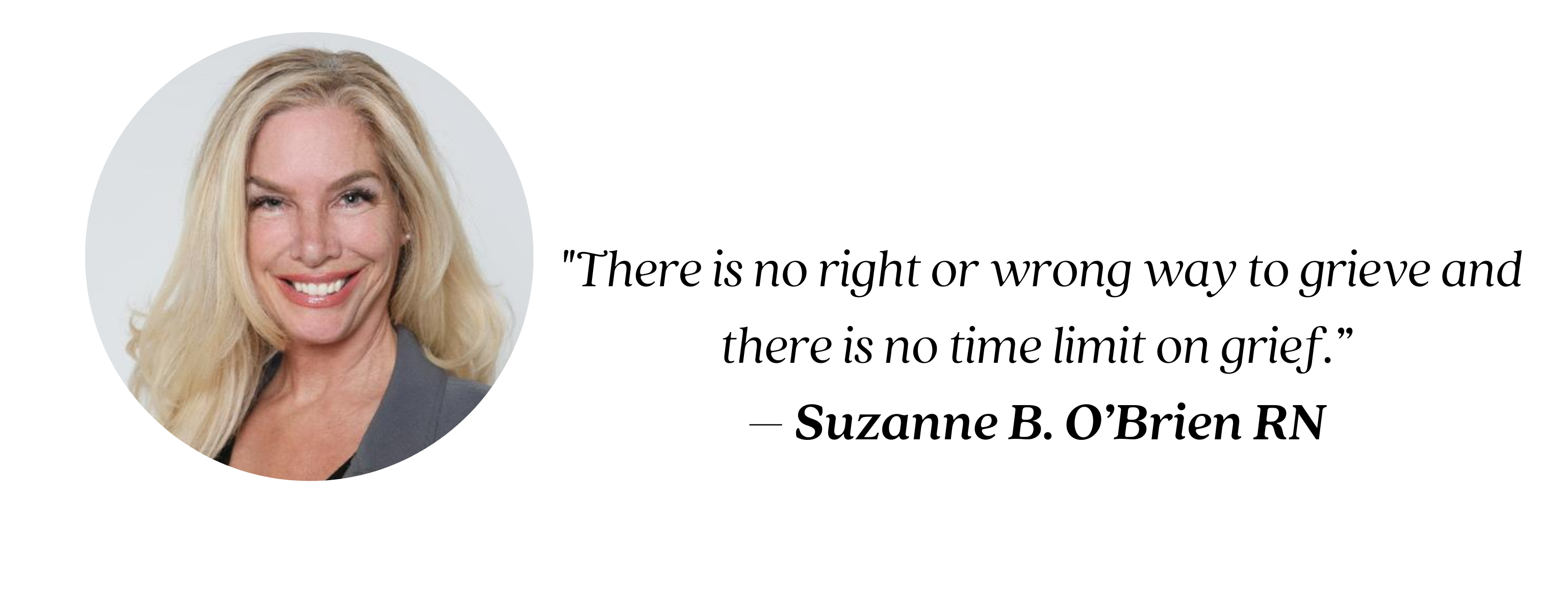

The Grief Doula
Doulagivers International offers two educational workshops that will empower you with all the tools you need to have a positive passing for both you and those you love. Understanding how to care for someone at the end of life and choosing your end of life wishes ahead of time with an Advance Directive are by far the two things that can have the most immediate and meaningful impact that can turn a negative end of life experience into a positive one.
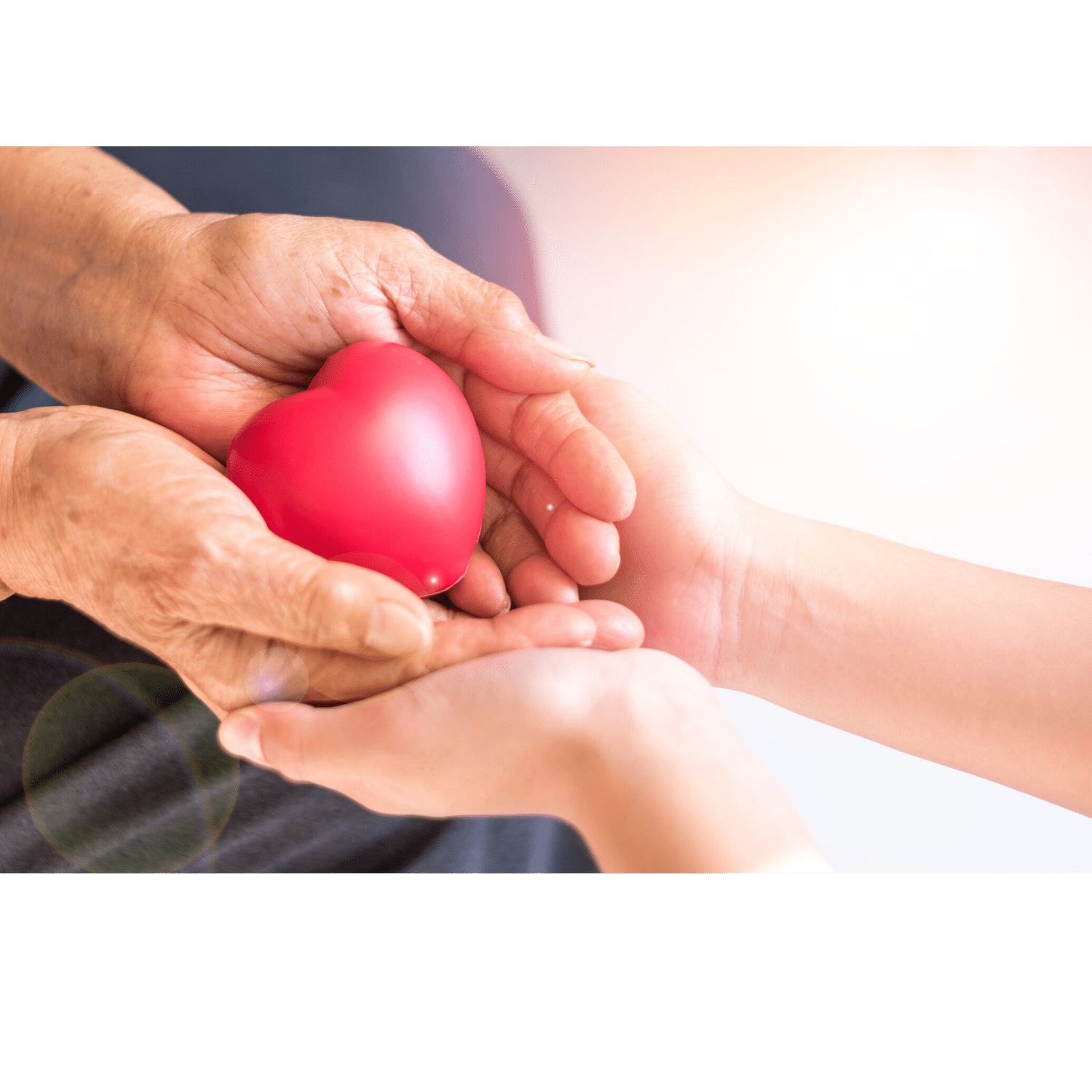
Knowing that continuity of care is instrumental in providing the best outcome for families, the Doulagivers Certified End of Life Doula Program contains the Grief Doula education component. Our certified Doulas are trained to care for both patients AND their families, which includes before, during and after death services. Some of our Doulas provide Grief Doula Services to families for years after the death of a loved one. Here are some of the ways the Grief Doula can change the grief and bereavement process for the better:
1) Being a supportive, familiar, and trusted presence for the grieving family.
2) Leaning into the grief by enforcing it as a natural and expected process that needs to be honored in order to move on from it.
3) Encouraging the family to speak about their grief so they may confront it and take the necessary steps towards healing from it.
4) Starting a grief journal with the family so that they may vent their emotions in privacy and reflect on those emotions again later when you speak about it.
5) Reprocess the entire journey leading up to the grief. We can gain new perspectives of our circumstances by retracing our steps to the present moment.
6) Reframe the experience: reframing requires seeing something in a new way or context that allows us to recognize and appreciate positive aspects of the experience. This is where we can work through any lingering guilt, pain, or anger that exists.
7) Creating a self-care plan for the grieving family to follow and suggesting new, healthy activities and habits they can embrace to prevent their physical and mental health from deteriorating while they process their painful emotions.

P.S.
The next FREE Doulagivers 90 Minute Level 1 End of Life Doula Live Webinar Training – Thursday, August 20th at 7pm ET.

Follow us on…



 Suzanne B. O’Brien here,
Suzanne B. O’Brien here,







